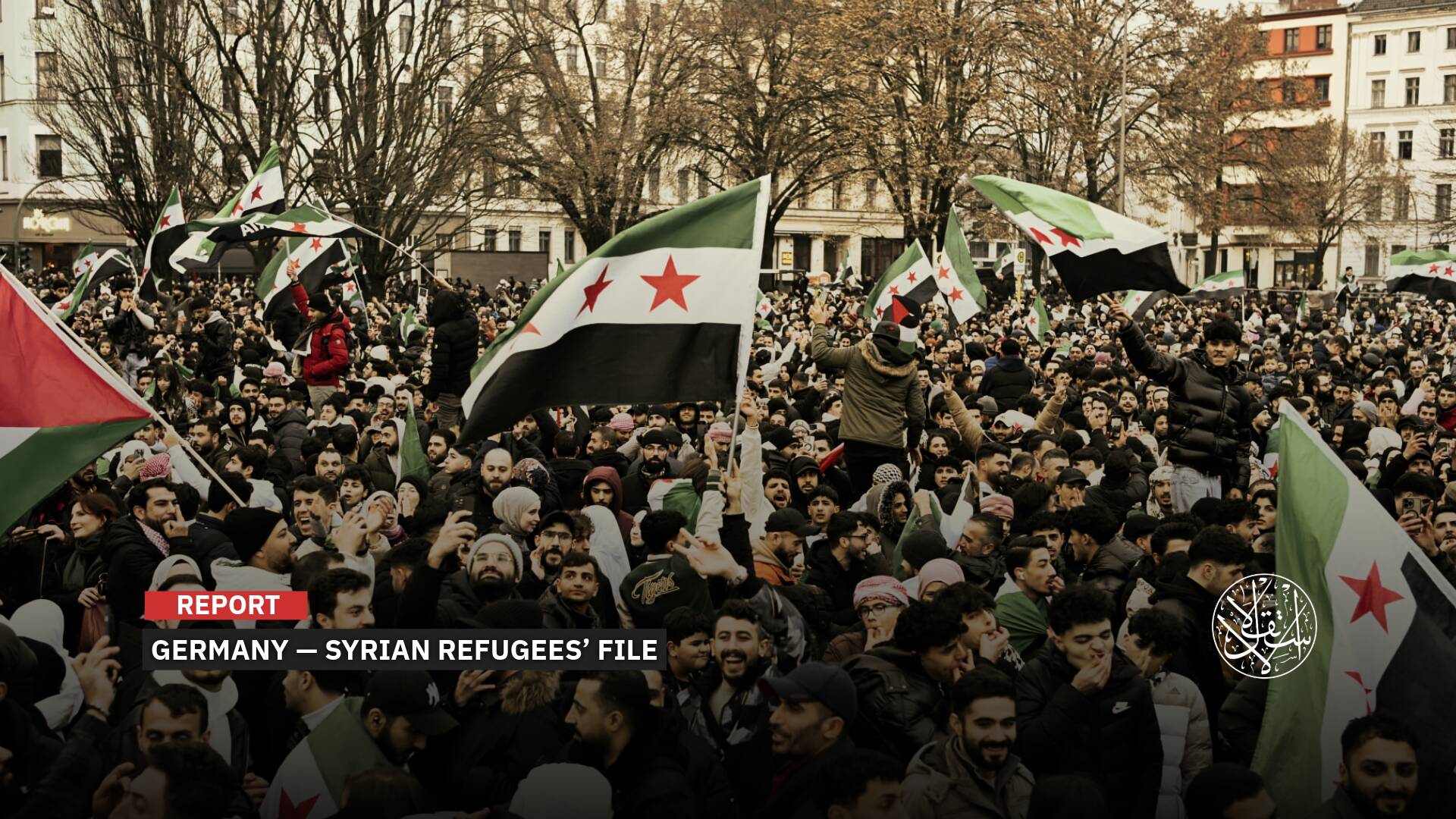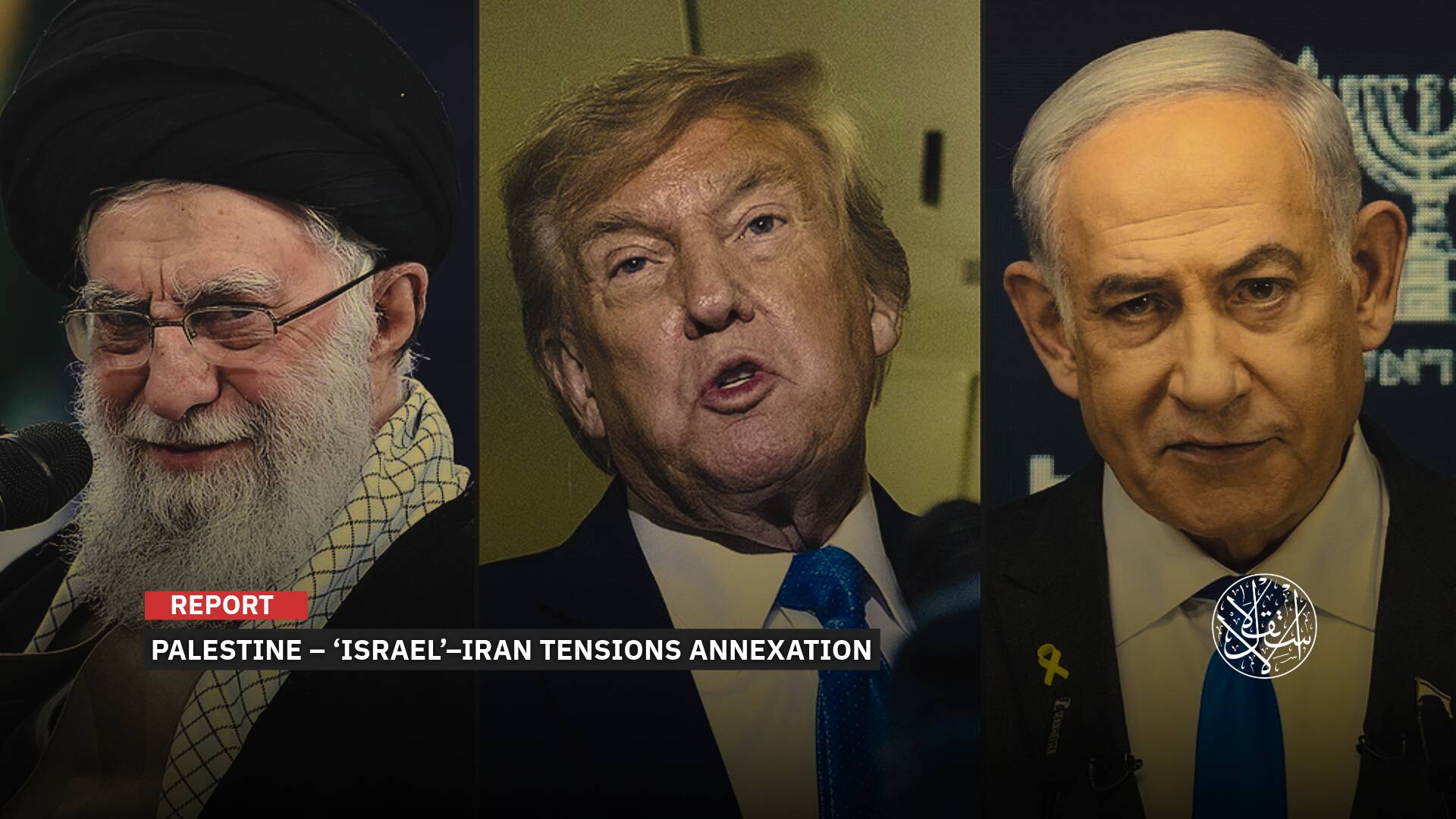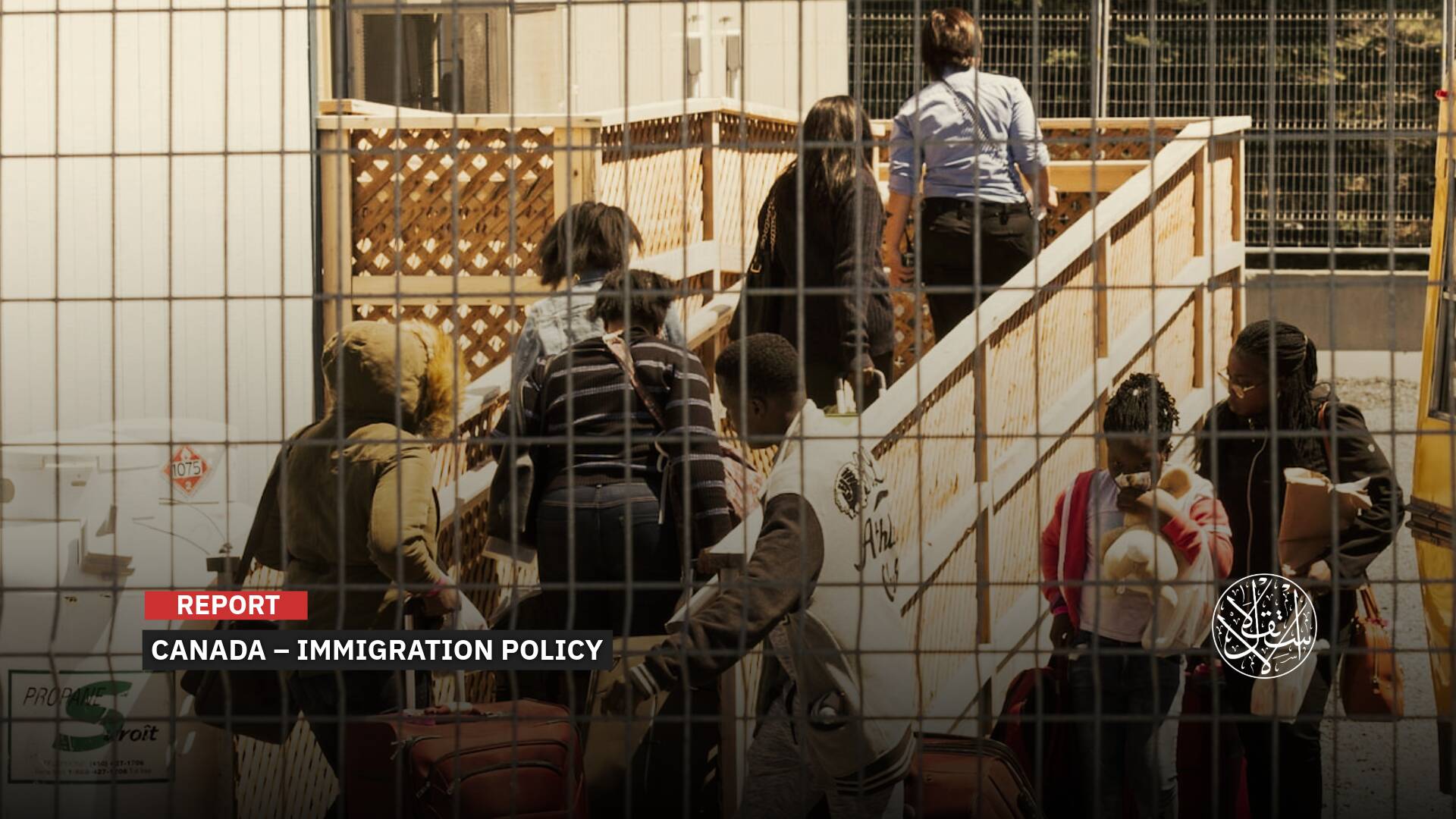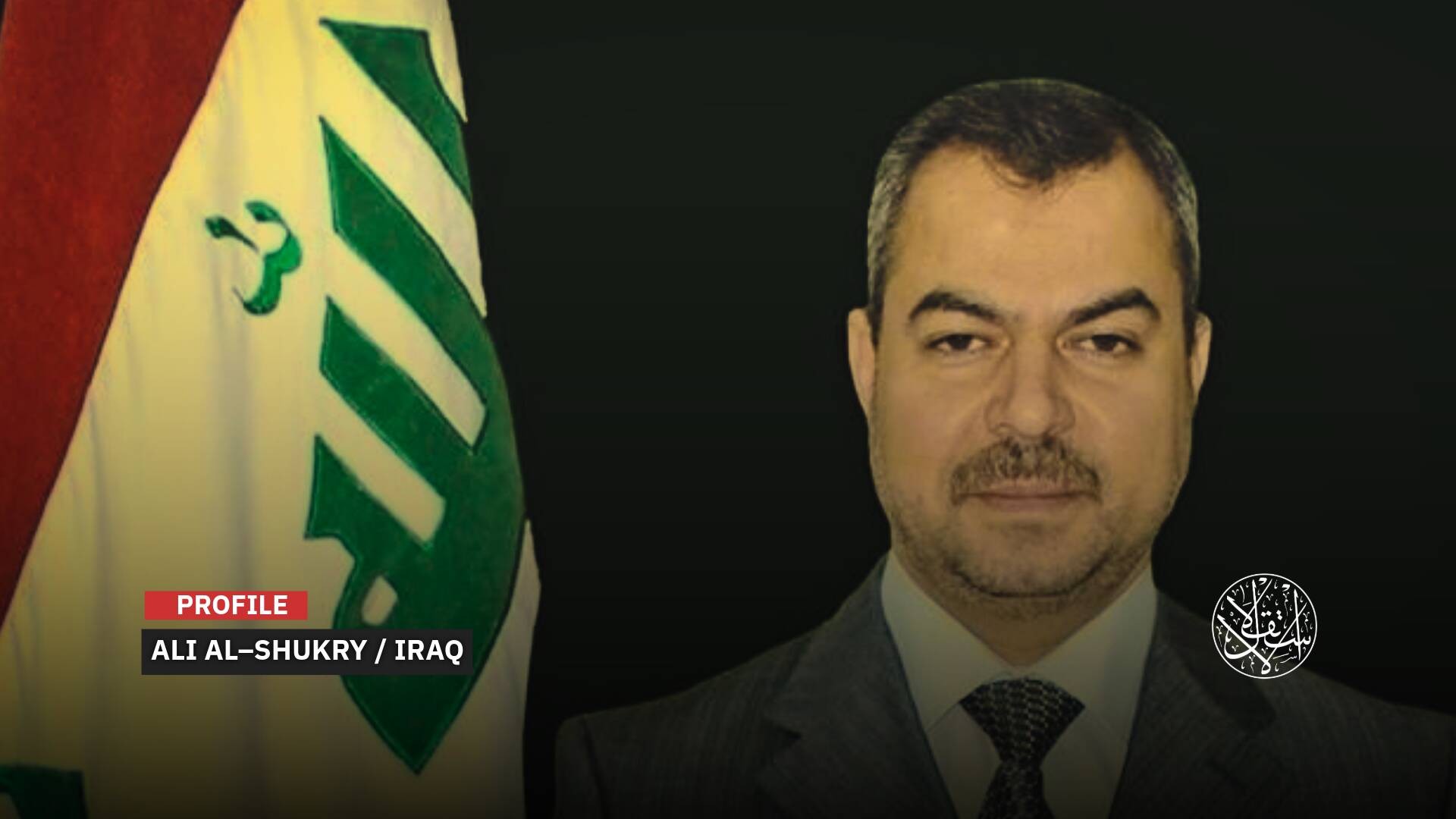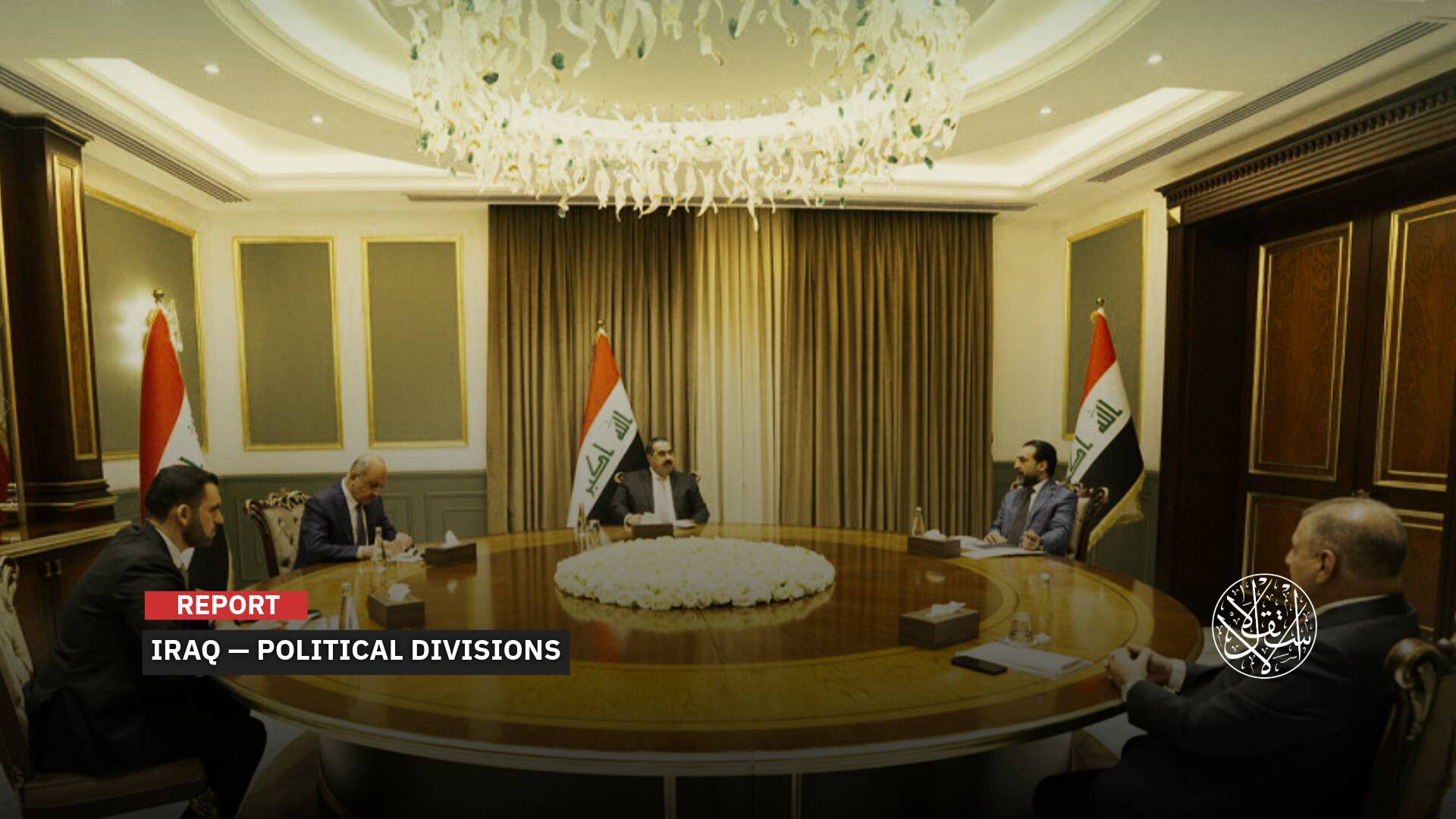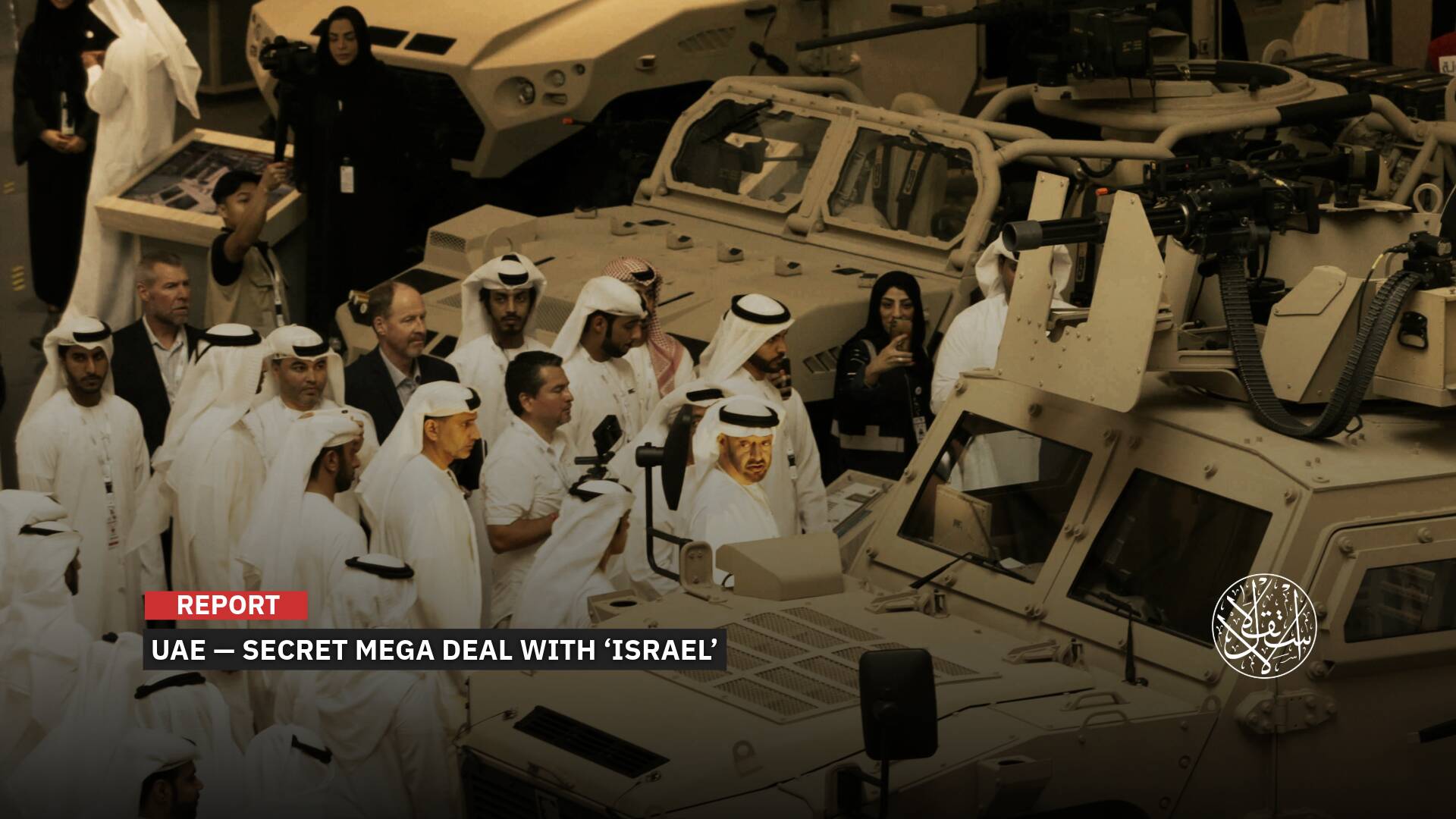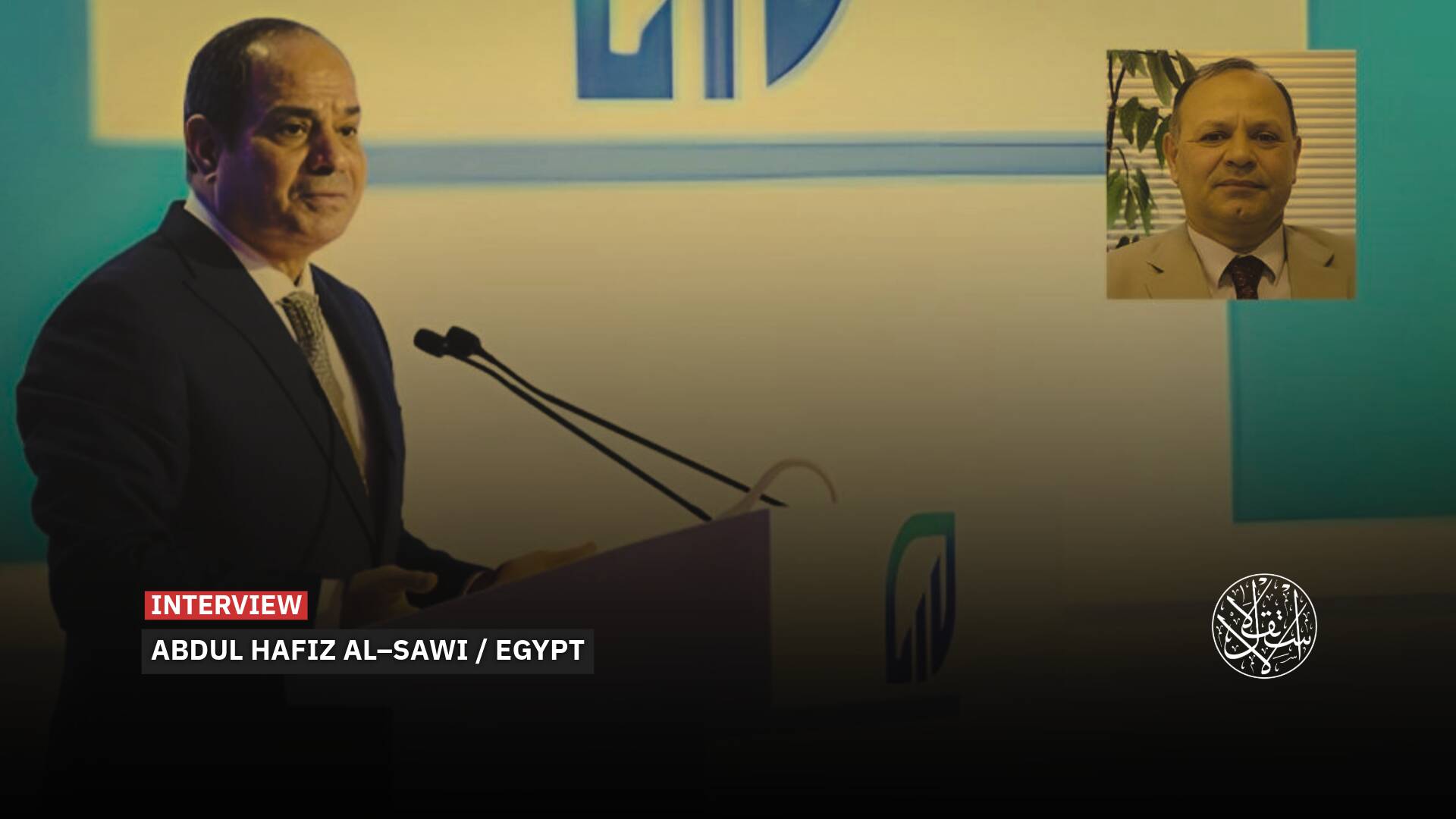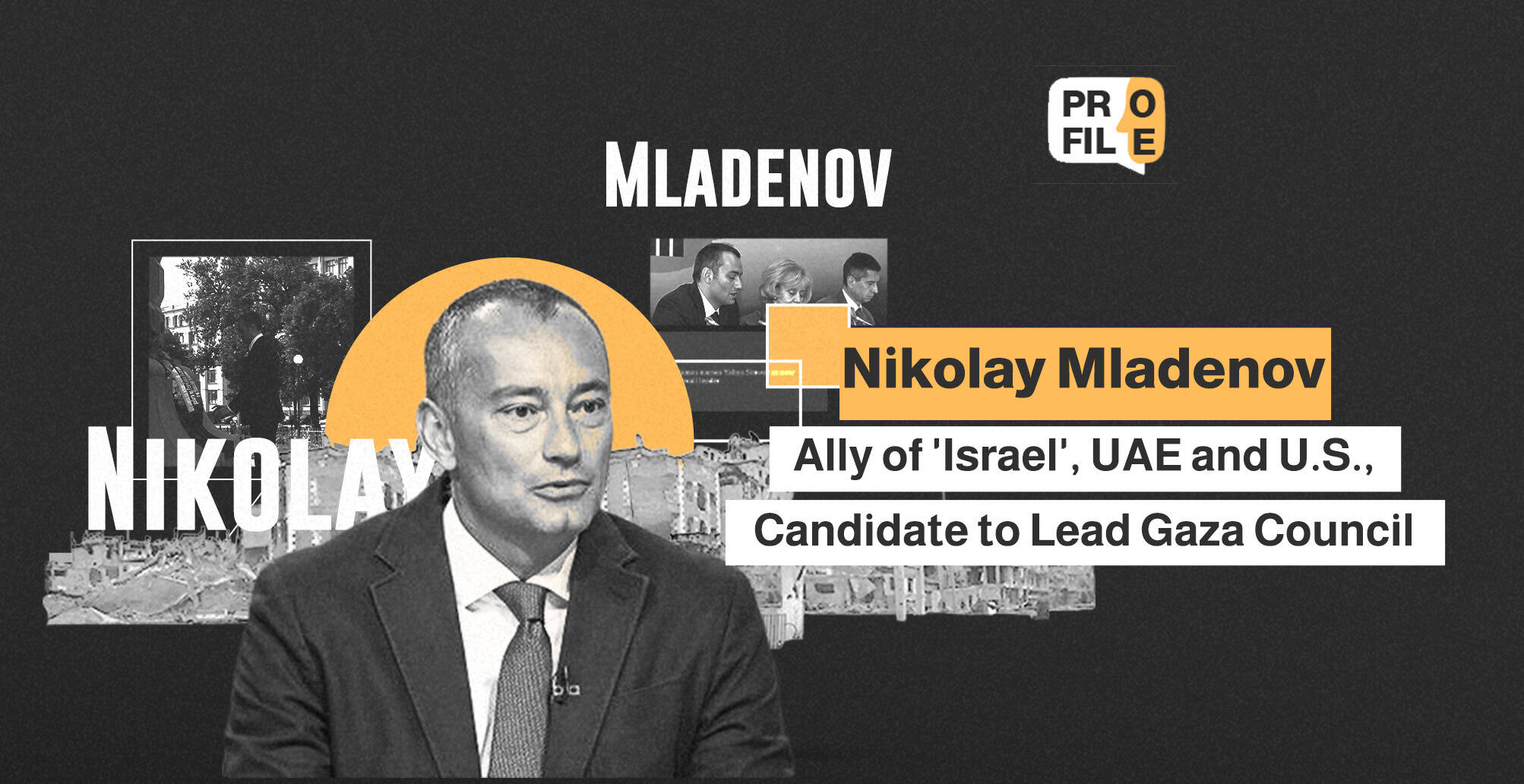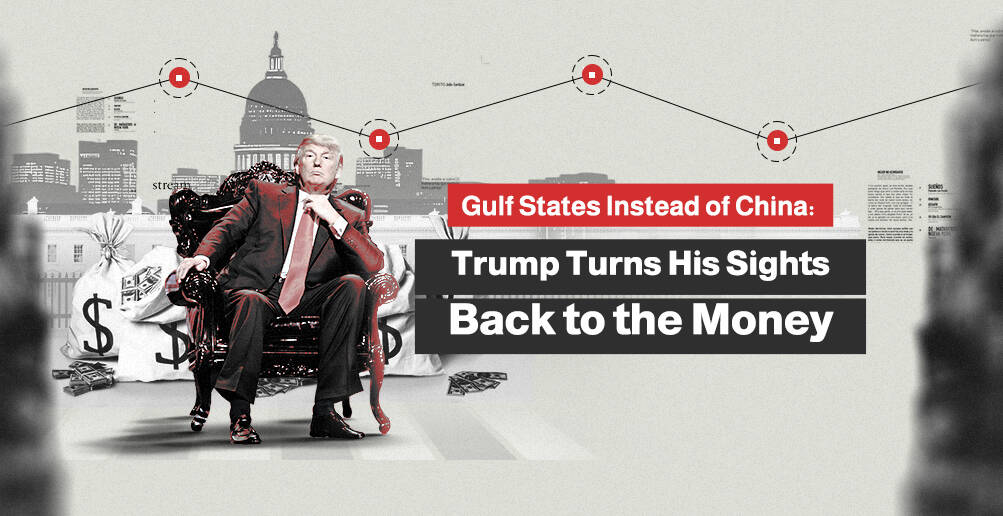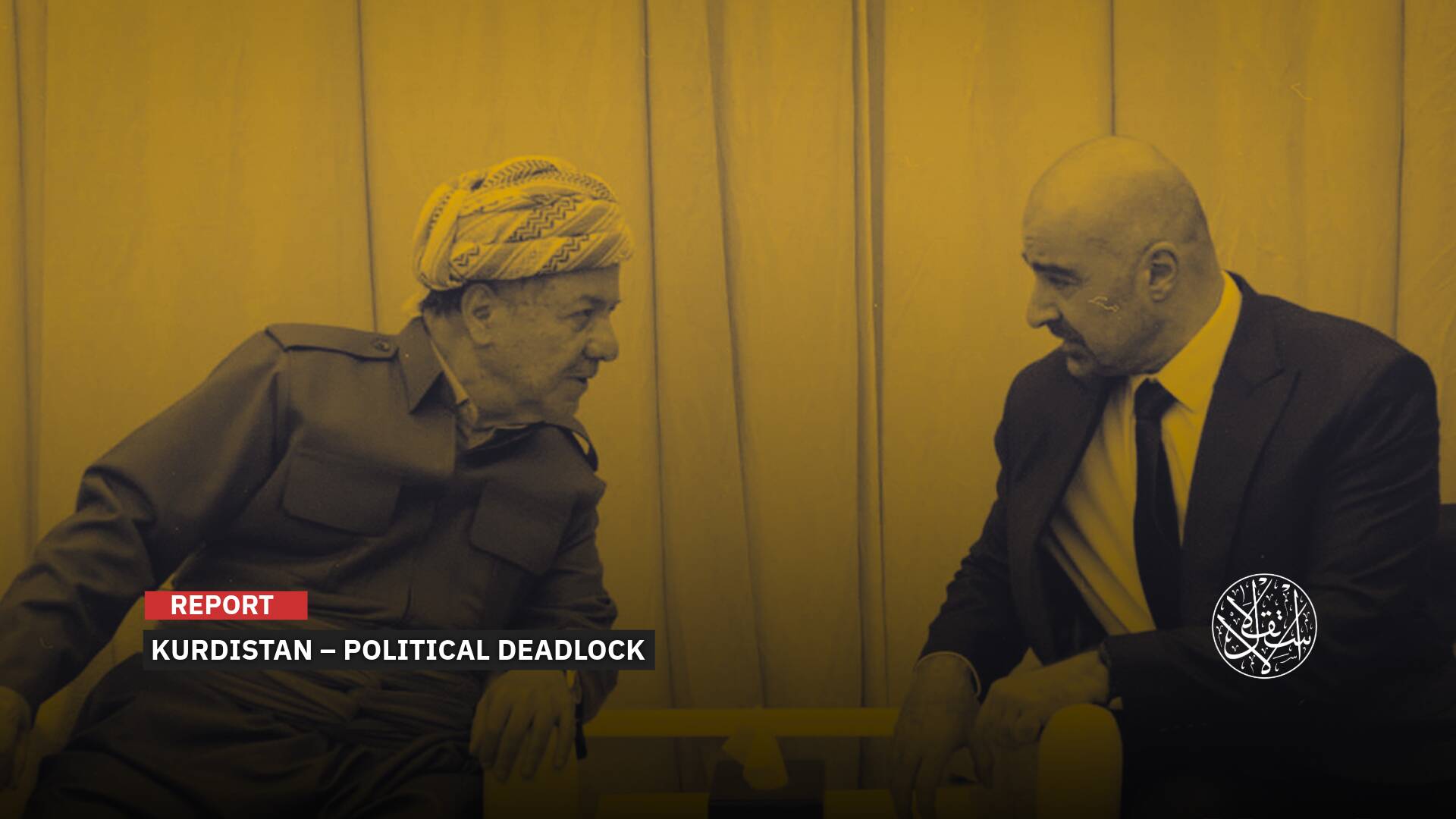Air Bridges and Fundraising: How the World Came Together to Help Earthquake Victims in Turkiye and Syria

A great event that shook hearts all over the world, bringing all meanings of humanity together and having everyone forget conflicts and differences. Even the horrors of the fierce war between Ukraine and Russia calmed down, albeit temporarily, in the face of the geographical catastrophe that befell humanity, leaving tens of thousands dead and injured in moments.
After the earthquakes that struck southern Turkiye and northern Syria at dawn on Monday, February 6, 2023, dozens of countries around the world offered to provide aid to Turkiye in search and rescue efforts regarding earthquakes.
Meanwhile some of them announced the launch of air bridges to support Turkiye, others sent rescue crews and medical and relief aid to counter the catastrophic effects of the earthquake.
Turkish President Recep Tayyip Erdogan announced, on February 9, 2023, that hundreds of thousands of people are participating in relief operations for those affected by the earthquake disaster in the south of the country, noting that the number of countries that offered to contribute to search and rescue work and assistance has reached more than 94 countries.
In a toll that rises every minute, the number of victims of the earthquake in Turkiye reached 19,388 dead and more than 75,570 thousand injured, and in all of Syria, the number of victims reached 3,384 dead and more than 5,245 injured.
In the context of humanitarian aid and popular campaigns to provide relief to the victims of the earthquake in Turkiye and Syria, popular campaigns have been launched in many countries to send in-kind donations and humanitarian needs to the affected people in the two countries.
International Response
Following the disaster that struck Turkiye and Syria, 12 Arab countries announced the inauguration of air bridges and the provision of urgent relief and medical aid to support Turkiye in facing the effects of the earthquake disaster, including Qatar, Kuwait, the Emirates, Egypt, Lebanon, Algeria, Jordan, Bahrain, Libya, Tunisia, Palestine, and Iraq, according to official data.
Those countries also sent search and rescue teams, doctors, and field experts to Turkiye to assist in the ongoing earthquake search efforts.
Malaysia sent a team of 75 experts and equipment used in search and rescue, while India reported that a team of 100 people and trained search and rescue dogs went to the quake-affected areas in southern Turkiye.
In a related context, Pakistan announced its intention to send a team that includes disaster experts, doctors, and search and rescue personnel, in addition to relief equipment and shelter tents, to the affected areas in southern Turkiye.
Also, a 159-strong team from the United States arrived at the Incirlik military base in Konya province, which took on search and rescue tasks and provided humanitarian and living aid to those affected.
The EU announced the mobilization of more than 30 rescue teams to Turkiye to contribute to the rescue operations of those affected and the treatment of the injured from the earthquake that struck the south of the country.
As for France, its government decided to send 139 paramedics and rescuers from the Civil Protection to Turkiye to follow up on the rescue operations.
Belgium also announced that it would send a field hospital and a medical team that can treat more than 100 people a day, provided that it remains in the earthquake-affected areas for several weeks.
In turn, Georgia announced that it had sent a relief team of 60 members, disaster-fighting equipment, and police dogs.
Another team of 73 members with neighborhood monitors, excavators, portable generators, medical supplies, and foodstuffs left Japan, heading towards the affected Turkish areas.

China announced that a team of 82 people carrying medical supplies and other equipment weighing more than 20 tons arrived in Turkiye to contribute to the search and rescue operations, while Britain sent a team of 70 members and 4 rescue dogs and petters.
Russia intends to send a search and rescue team of 50 members, along with 11 doctors, after it sent a team of 100 members immediately after the earthquake.
Also participating in the search and rescue operations were: Azerbaijan with a team of 725 members, South Korea with a team of 118 members, Bangladesh with a team of 60 members, Hungary with a team of 156 members and 28 police dogs, Spain with a team of 46 members, El Salvador with a team of 100 members, and Mexico with a team of 150 members.

In turn, US President Joe Biden announced via Twitter that the United States will provide $85 million in aid following the earthquakes in Turkiye and Syria, including food, shelter, and medicine.
The United States will provide $85 million in urgently-needed aid in the wake of the Türkiye and Syria earthquakes – including food and shelter, supplies to help families brave the cold, and medicine to help save lives.
— President Biden (@POTUS) February 9, 2023
Our hearts remain with the people of Türkiye and Syria.
On its part, the UN allocated $25 million to strengthen the emergency humanitarian response to the earthquakes that struck southern Turkiye and northern Syria.
The European Commission announced that the EU will send €3 million to Turkiye and €3.5 million to Syria as emergency aid after the devastating earthquake, noting its intention to host a donor conference in early March in Brussels to collect additional international aid for the two countries.
On the other hand, several countries pledged to provide financial aid to Turkiye and Syria, including: Canada ($7.5 million), Sweden ($3.2 million), Norway ($13.5 million), Australia ($7 million), New Zealand ($950,000), Denmark ($4 million), and Finland ($1 million).
In order to provide relief to those affected by the earthquake in Turkiye and Syria equally, UAE President Mohammed bin Zayed announced the provision of $100 million, while Kuwait provided $30 million, and Kuwait Finance House, a private bank, provided $20 million.
Saudi Arabia, the Sultanate of Oman, the UAE, Kuwait, Qatar, and Bahrain witnessed popular and official donation campaigns that met with great turnout, as about $51.2 million was raised in Saudi Arabia.

Meanwhile, Qatar Charity, which is funded by the State of Qatar, said that it will distribute 27,000 hot meals in Gaziantep, where one of its offices is located, and will provide shelters in Turkiye and Syria with relief materials, having announced its allocation of $6 million for the first stages of its aid.

Fundraising Campaigns
Human solidarity with the victims of the deadly earthquake that recently struck Turkiye and Syria has transcended the borders of the Arab world and the residents of the countries of the region.
Informal calls for solidarity and support for the two afflicted countries expanded to extend from the far east to the far west.
Social media has also been crowded with hashtags urging donations to those affected.
The UK Muslim Aid organization launched an urgent relief campaign on its website to provide assistance to the victims of the deadly earthquake in Turkiye and Syria.
Ilmfeed, a British website, revealed that it was able, in cooperation with the Islamic Relief Organization in the UK, to raise £1 million within 24 hours only for those affected by the earthquake in Turkiye and Syria.
The UK-based One Nation Foundation also launched a fundraising campaign for earthquake relief, providing them with emergency aid and food.
On this approach, the UK Choose Love Foundation made urgent appeals for donations and support for those affected.
In Canada, several civil organizations have launched donation campaigns for the rescue and relief of victims of deadly earthquakes, especially in Syria, where the situation is already fragile due to the 12-year-old preceding crisis.
Among these organizations are Islamic Relief Canada, Global Medic (a non-profit disaster relief organization that specializes in water purification and field hospitals), in addition to We Care Relief Canada.

In the United States, citizens and members of Arab communities supported donations through a number of non-profit organizations, especially those that focus their efforts in Syria. Among them is the Syrian American Medical Society (SAMS), a medical relief organization working on the front lines of crisis relief in Syria and beyond, and two organizations, Global Giving and ShelterBox, both of which pledged to provide urgent relief to those affected in both Turkiye and Syria.
The American CARE organization also launched a huge donation campaign, which it promoted via CNN, to provide urgent relief from foodstuffs, heating supplies, and shelters for those affected by the earthquakes in Turkiye and Syria.
The European continent witnessed the launch of several donation campaigns that managed to collect tens of thousands of dollars within hours, including the campaign launched by the Switzerland-based Mercy Hands Europe organization.
Many Syrians and Turks in Germany also encouraged the citizens of the European country to donate to the concerned Turkish organizations or to participate in the fundraising campaign launched by the Austrian Red Cross and Medico International.
In Malaysia, citizens supported donations on the bank account of MERCY Malaysia, a non-profit organization focused on providing medical relief.

In another context, the Turkish and Arab communities in Germany, the UK, the Netherlands, and Sweden rushed to organize relief convoys from several cities to the affected areas in Turkiye and Syria.
Members of the Syrian community in the Netherlands said that the Turkish community in the country prepared to provide aid to the earthquake victims and launched relief campaigns in different cities in the Netherlands to collect the necessary materials such as blankets, diapers, winter clothes, and heaters.
They pointed out that the collection operations took place in several places, including mosques, provided that the aid was delivered to the Turkish companies that deliver aid to the affected people.
In Germany, a number of Arab community members participated in relief convoys to transport urgent aid to the afflicted in Syria, the most important of which departed from Munich and Frankfurt, and the convoys included blankets, clothes, and medicines.
The Arab communities in Sweden launched a massive fundraising campaign to be delivered to the families affected by the earthquake in Syria.
The Turkish community in the UK announced, a day after the earthquake, that it had managed to collect 10 tons of relief materials, within no more than 6 hours, to be sent to the afflicted.

Disaster Diplomacy
It is noteworthy that the great and rapid international solidarity and sympathy to support Turkiye, specifically, in this disaster, carries many motives, so the result and action may be the same, but each of those countries that initiated the provision of aid and grants deals according to its own specificities and agendas, which mixes politics with humanity, according to Noon Post website.
The first motive that hangs over the air is human sympathy in light of the huge scale of the disaster and the tragic numbers of victims, injured and stranded, in addition to the homeless people among the jaws of the bitter cold, which may push the international community to move without any other agendas or calculations.
There is a second motive related to giving back to Turkiye for the assistance it provided to dozens of countries, especially its policy called disaster diplomacy, through which Ankara succeeded in being permanently present in all affected areas, especially during the Coronavirus pandemic.
There is also a third motive related to the regional and international role of Ankara, which has succeeded in being a pivotal player in the map of many conflicts and an influential guest in several files. As a result, this international move comes in appreciation of this role and in the belief in the repercussions and changes that may ensue regarding sensitive issues in which Turkiye overlaps with world powers.
As for the last motive, it is diplomatic, as in such situations, the arena is fully prepared to open new pages with countries that suffer from tension in inter-relationships, based on the human ground that peoples do not forget.
For example, when Greece, Sweden, and Germany rush to offer a helping hand, this is an indirect message of flirtation. There is no doubt that the Turkish side will put it into consideration and study it during its discussion of outstanding issues with those countries later.

Sources
- Major earthquakes hit Turkey, Syria: Who is stepping up to help?
- Turkey, Syria quake: international support and offers of aid
- The world rises up and unites to provide relief to the victims of the earthquakes in Turkey and Syria [Arabic]
- An Islamic and international donation to support Turkey in its ordeal [Arabic]


